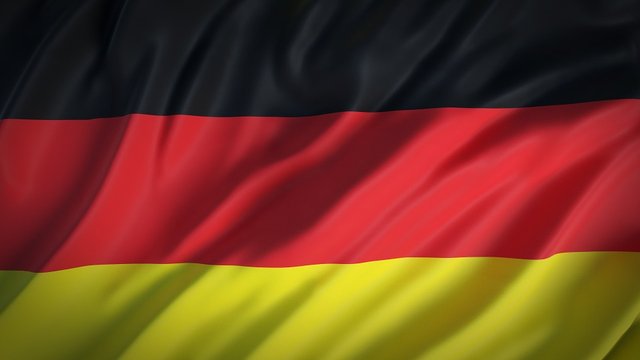German opposition to proposed overhaul of EU military support fund risks delaying arms deliveries to Ukraine

German opposition to the proposed overhaul of an EU military support fund risks delaying arms deliveries to Ukraine, The Financial Times (FT) reports, citing unnamed EU officials.
“German opposition to the proposed overhaul of an EU military support fund risks delaying arms deliveries to Ukraine,” the ezine informs.
The FT notes that the European Peace Facility (EPF), which provides assistance to Kyiv, needs additional funding so that it can partially reimburse the EU's spending on arms supplies to Kyiv. The volume of the EPF, which is not part of the EU budget, amounted to EUR 12 billion. The Facility is formed from contributions from the union states, which are calculated depending on the size of national economies. The size of the fund has now been reduced: EUR 5.6 billion went to the EU countries as part of the reimbursement of arms supplies to Ukraine.
However, Germany and a number of other countries advocate abandoning such a compensation process. The proposal to invest EUR 5 billion in the EPF cannot yet be implemented, since the EU states are unable to reach a consensus on how to reform the Facility so that it better meets the needs of Ukraine and helps the European arms industry meet them.
“They [these countries] don’t want to say ‘yes’ to the money or ‘no’ without being certain that the [terms] are in line with what is acceptable for them,” said a senior EU official involved in discussions with leaders last week, referring to Germany’s stance.
The FT recalls that Berlin is demanding that the value of the weapons it supplies bilaterally to Kyiv should count against its share of the fund. However, smaller countries say that would drastically shrink the fund’s size. According to the sources, at the summit on February 1, German Chancellor Olaf Scholz insisted that agreement on the proposed EPF reform should include “suggestions” made by member states, according to people briefed on the discussions. Germany’s solution, he added, would “take into account the national contributions that are delivered . . . to Ukraine.”
The EPF reform as circulated ahead of the summit aims to achieve “a more structured, efficient and pragmatic” way of funding weapons for Ukraine, according to a document seen by the Financial Times. One official said the majority view was for the existing model to apply in 2024, at least, and for financing of joint production to scale up next year. Countries with large weapon industries, such as Germany and France, are pushing for a speedy change and “will be the biggest beneficiary”, said the EU official.
At the same time, the countries that made large contributions to the fund claim that smaller countries, such as the Baltic States, received large compensations from the EPF for sending obsolete Soviet-made weapons to Ukraine and used this money to modernize their own arsenals.
Josep Borrell, the EU’s chief diplomat who oversees the EPF, last week said that he would “urge leaders to reach an agreement as soon as possible, because there is no more time.”
He also said that, according to the latest information from EU member states, they have been able to supply 330,000 shells from their reserves to Ukraine since March 2023 - a third of the 1 billion promised for the year.
At the same time, the EU is discussing the creation of a military assistance fund for Ukraine in the amount of EUR 5 billion. He should transform the European Peace Facility: now the emphasis will be placed not on using existing arsenals, but on acquiring new weapons through joint contracts.









